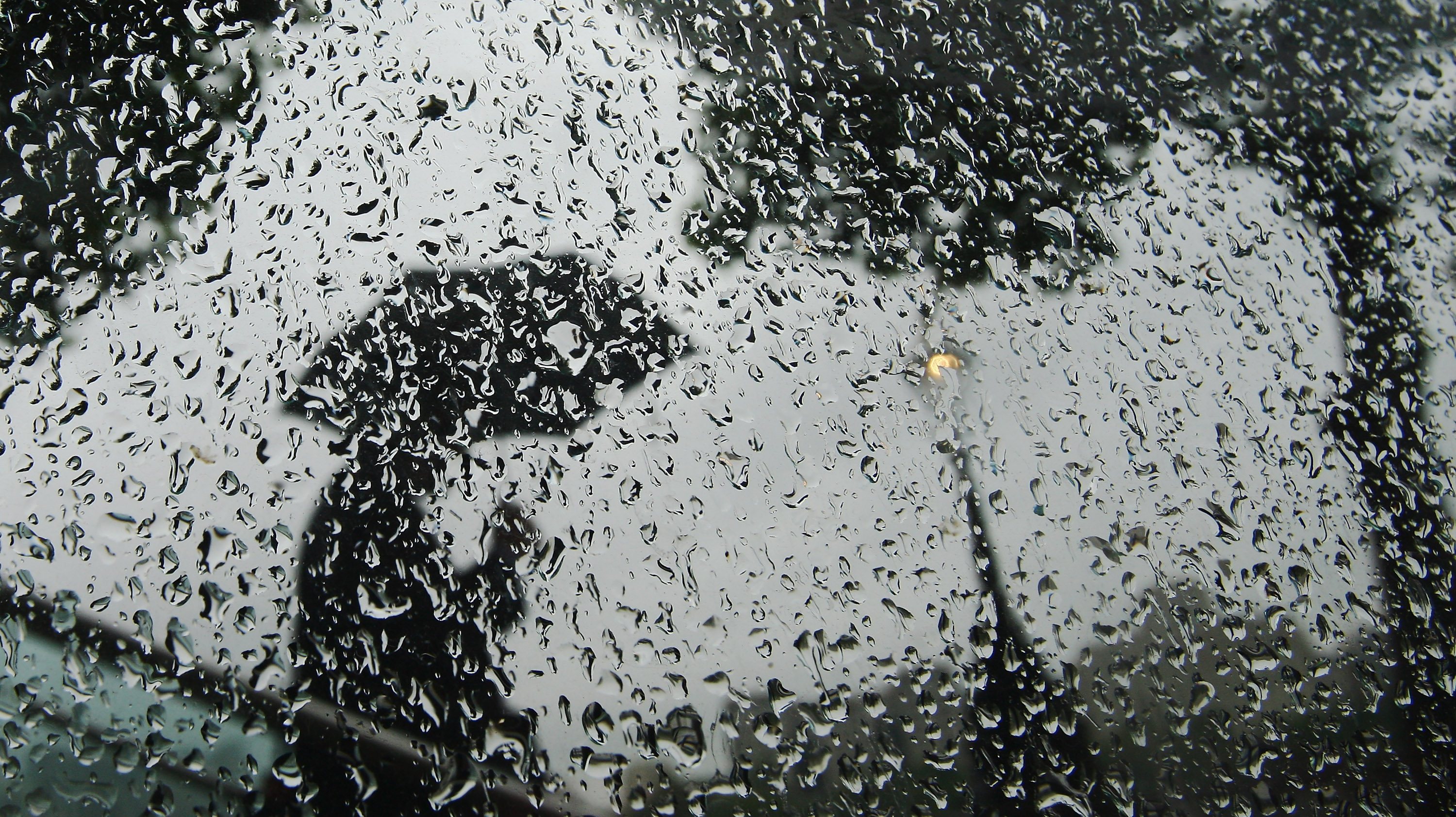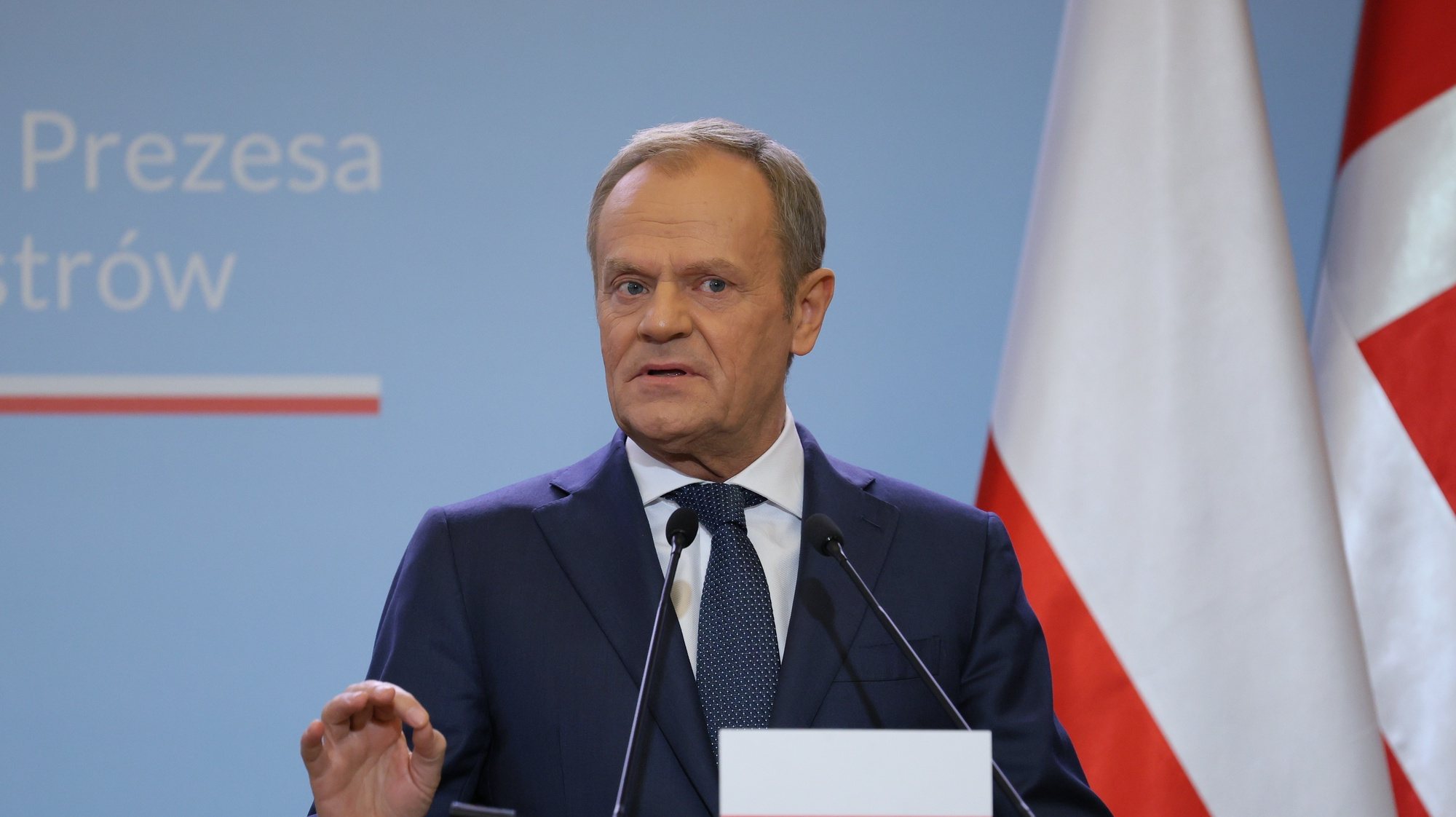Olhe à sua volta. Olhe para baixo. Os seus pés estão plantados no solo português. Uma das suas mãos segura um perfeito café português, a outra passa a página digital de um jornal português. Provavelmente, acordou esta manhã em Portugal, e, provavelmente, adormecerá esta noite em Portugal.
Parece um sítio real, não é? Mas Portugal não existe. Podemos imaginar que sim, podemos maravilhar-nos com o seu esplendor, o seu vinho, a sua comida, a sua cultura, a sua história. Sentamo-nos nas suas praias, felizes por não termos de viajar até Espanha. É claro que Portugal existe, pensamos nós, porque estamos aqui, e, bem, até foi Portugal quem viajou e descobriu metade do resto do mundo por conta do resto da Europa, não foi?
Cresci num sítio que não existe, North Devon. No boletim meteorológico da BBC, o apresentador está sempre em frente da minha terra no mapa da Grã-Bretanha, exactamente como também está sempre em frente de Portugal no mapa da Europa. A minha terra, na Grã-Bretanha, pouco mais é do que a caricatura mesquinha de um agricultor burro. Tal como o sudoeste da Inglaterra, Portugal não existe. Estamos a viver um solipsismo colectivo.
No resto do mundo, Portugal não é mais do que o vago toque de uma ideia. Veja e leia as notícias na Grã-Bretanha (e não esqueçamos que é o aliado mais velho de Portugal). Quantas vezes é Portugal mencionado? Quando o BES faliu (e o resto do mundo ficou surpreendido com o facto de um país que não existe poder ter um banco cujo colapso afecta os mercados), ou quando um americano surfou as ondas gigantes da Nazaré (ondas gigantes que a maior parte dos Portugueses não conhecia). É uma sorte que a letra inicial de Portugal seja P para que possa fazer parte do acrónimo PIIGS. A não ser isso, seria ainda mais regularmente esquecido nas notícias sobre os países europeus com dificuldades financeiras.
Qual a sua ideia, digamos, da América? Vê um filme a passar em frente dos seus olhos, certo? Claro, muito disso é errado ou não é exacto, mas é uma base por onde começar. Agora, imagine a Grã-Bretanha. A mesma coisa. Imagine a França, a Alemanha, a Itália, a Espanha, a Grécia, a Suécia, o Iraque, a África de Sul, a Finlândia, e certamente que fará uma ideia, correcta ou incorrecta, do país, do seu povo e da sua cultura. Pois a sua ideia desses países é mais do que a ideia que a maior parte do mundo faz sobre Portugal. Há dezenas de livros de viagem e romances em língua inglesa sobre a Provença, a Toscânia, Almería, a Baviera … Mas sobre Portugal? Quase nada. Há uns anos, Monica Ali escreveu um romance sobre o Alentejo (Alentejo Blue). Em primeiro lugar, não era grande coisa, porque a autora realmente não conhecia bem Portugal. Em segundo lugar, não vendeu bem… porque era sobre Portugal, e ninguém, na Grã-Bretanha, liga a Portugal. Portugal não existe.
Além de uma coleção de micro conceitos e caricaturas — bigodes, fado e um certo futebolista muito conhecido e muito arranjado –, Portugal não existe. No máximo, talvez seja possível juntar Pessoa e Saramago ao que as pessoas conhecem de Portugal. Isto é tudo muito estranho, considerando a quantidade de portugueses que emigram, e todos os empresários, profissionais e atletas portugueses bem sucedidos que andam pelo mundo a comprovar a existência de Portugal.
Mas ainda assim, Portugal não existe. Nem sequer para as multidões de turistas que visitam o país e se sentam ao colo do Pessoa enquanto comem um pastel de nata. Não vamos mencionar os turistas que passam pelo Algarve, já que basicamente nem sabem que estão em Portugal.
Os imigrantes britânicos em Portugal, na sua maioria imigrantes de “lifestyle” (e que por isso recusam ser chamados imigrantes, optando por “expats”), também não sabem que Portugal existe, embora tenham decidido viver por cá. Mas não conseguem dizer mais do que duas ou três frases em português, e não são capazes de, sobre Portugal, dizer mais do que “o clima é óptimo, e as pessoas, a cerveja e o peixe grelhado são fantásticos”.
Acho tudo isso muito estranho. Apaixonei-me por este país há mais de vinte anos. Acho-o infinitamente fascinante e parece-me que ainda quase não toquei na superfície da minha compreensão dele. Portugal é fascinante, mas ninguém lhe liga: não existe.
É mau que seja assim? Também venho de um sítio que não existe, e dou-me bem com isso. Portugal não existe, mas os turistas continuam a chegar. Faz mal que os turistas e os imigrantes britânicos de “lifestyle” não percebam o que é Portugal? Faz mal se ninguém realmente der valor a Portugal? Talvez leve o seu tempo. Talvez sejam precisos mais uns anos de mega-turismo para um dia se escreverem livros de viagem e romances sobre Portugal. Talvez, um dia, Portugal exista para além da caricatura dos bigodes, do fado e de um certo futebolista muito conhecido e muito arranjado. Mas, no fundo, que importância tem que não saibam que nós existimos? Porque nós, é claro, existimos.
(traduzido do original inglês pela autora)
Portugal doesn’t exist
Look around you. Look down. Your feet are planted on Portuguese soil. One hand is holding a perfect cup of Portuguese coffee, the other, scrolling down the electronic page of a Portuguese newspaper. You probably woke up today in Portugal, you will probably go to sleep tonight in Portugal.
It feels like a real place, doesn’t it, but Portugal doesn’t exist. We might think it does, we might marvel at its beauty, its wine, its food, its culture, its history. We sit on its beaches, thinking how lucky we are that we don’t have to go to Spain. Of course Portugal is real, we all imagine, because we’re here, and hey, it was Portugal that went off and discovered half of the rest of the world on behalf of the rest of Europe, wasn’t it?
I grew up in a place that doesn’t exist, North Devon. On the BBC weather, the presenter always stood in front of it on the weather map, much as the weather man stands in front of Portugal on a European weather map. Where I come from exists only as a bad caricature of a stupid farmer. Just like the South West of England, Portugal doesn’t really exist. We are living a collective solipsism.
To the rest of the world, Portugal is barely a glimmer of an idea. Watch and read the news from Britain (Portugal’s oldest ally, let’s not forget), and see, in the space of a year, how many times Portugal appears. The only time Portugal gets a mention is when BES fails (the rest of the world surprised that the failure of a bank from a country that doesn’t exist can be big enough to affect their stock markets) or an American rides the biggest waves that he happened to find in Nazaré, waves that not even most Portuguese knew existed until he did. It’s lucky that Portugal begins with the letter P, so it can contribute to the acronym PIIGS, otherwise, it would more regularly be forgotten from the list of European countries in imminent economic collapse.
What is your idea of, say, America? You see a whole movie flashing through your head of ideas and images, don’t you? Of course, much of it is wrong or inaccurate, but it’s a picture you can work on. Think of Britain, the same thing, of France, of Germany, of Italy, of Spain, of Greece, of Sweden, of Iraq, of South Africa, of Finland, and you will have more of an idea, right or wrong, about what a country, its culture and its people are like than most people in the world have of Portugal. In the English language, there are dozens of travelogues and novels written about Provence, Tuscany, Almeria, Bavaria… about Portugal? Virtually nothing. Monica Ali did try to write one a few years ago, about the Alentejo. Firstly, it was really not good, she had very little idea of Portugal and secondly, it didn’t sell well… because it was about Portugal and no one cares… Portugal doesn’t exist.
Portugal doesn’t exist beyond a vague collection of micro ideas and caricatures… moustaches, fado and a certain overly exposed, overly preened footballer. At a push, Saramago and Pessoa might join the list. This is all very odd, considering how many Portuguese emigrate, how many successful Portuguese professionals, business people and athletes go round the world, proving the existence of Portugal, being marvellous elsewhere on behalf of Portugal.
But, still, Portugal doesn’t exist. Not even to the tourists who are visiting in their droves, who get their funfair photo of themselves sitting on the knee of Fernando Pessoa, while eating a pastel de nata. Let’s not even mention the tourists who visit the Algarve, they are barely in Portugal anyway.
The thousands of British immigrants to Portugal, the “lifestyle” immigrants, who will not be called immigrants, but “expats”, don’t even know that Portugal exists, what Portugal really is, even though they made the choice to come and live here, barely learning two sentences of Portuguese, incapable of explaining to the rest of the world the greatness of Portugal beyond “the weather’s great and the people/beer/grilled fish are lovely”.
I find it so strange. I fell for this country more than twenty years ago. It is endlessly fascinating and I have barely scratched the surface in my understanding of it. Portugal is just as fascinating as anywhere else, but no one knows or cares about Portugal, really. Portugal doesn’t exist.
Does it matter? I come from a place that doesn’t really exist, and I’m more or less ok. Portugal doesn’t exist and the tourists still come. Does it matter that they and the lifestyle immigrants don’t get it? Does it matter that no one really cares about Portugal? Maybe it just takes time. Maybe it will take a few more years of mega-tourism until travelogues and novels are written about Portugal. Maybe one day people will know Portugal exists beyond the caricature of moustaches, fado and a certain over exposed, over preened footballer. Does it matter? Because, of course, we do exist.














